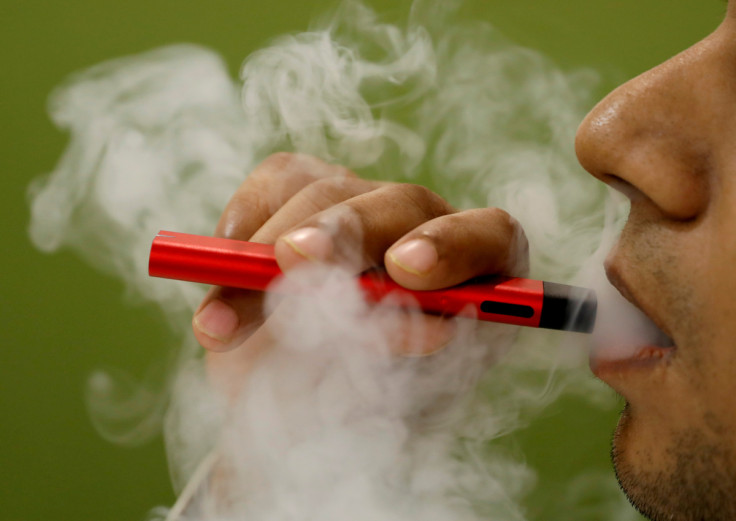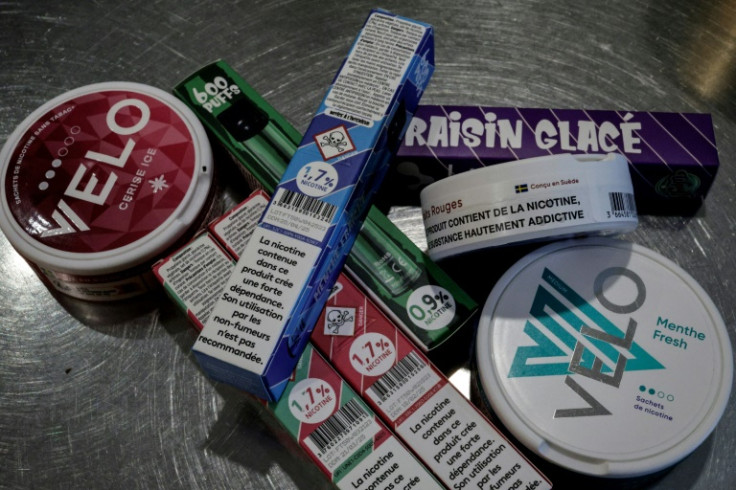Employer Bulletin August 2025: Why Payroll and Retail Sectors Must Gear Up Now for Vaping Products Tax
Businesses must apply for HMRC approval from April 2026, with non-compliance risking seizures, fines, or criminal sanctions

HM Revenue and Custom (HMRC) confirmed in the August edition of its Employer Bulletin that a new Vaping Products Duty (VPD) and Vaping Duty Stamps (VDS) scheme will be introduced. The measures will require manufacturers, importers and retailers of vaping products to comply with new regulations within the next year.
Officials are urging businesses to prepare now. Failure to do so could result in penalties, stock seizures and serious disruption when the scheme takes effect.
Vaping Products Duty and Stamps
From 1 October 2026, an excise duty of £2.20 per 10 ml will be levied on vaping liquids. The duty will be charged in addition to the existing 20 per cent VAT. The government says the policy is intended to reduce youth vaping and to curb the trade in illicit e-liquids.
At the same time, all vaping products sold in the UK must carry a duty stamp. These stamps will incorporate physical and digital security features, including QR codes to allow products to be traced and authenticated. HMRC has said the scheme is modelled on existing controls for tobacco and alcohol.
Timeline for Compliance
From 1 April 2026, businesses involved in the manufacture, import or sale of vaping products must apply for HMRC approval to operate under the new scheme. The process may take up to 45 working days, so early applications are strongly advised.
From 1 October 2026, the new duty becomes payable and every retail unit of vaping liquid must bear a duty stamp. A grace period will run until 1 April 2027. After that date, all products on the market must carry an approved stamp. Goods found without one may be seized, while businesses could face fines or criminal sanctions.
Implications for Payroll and Retail
Although the vaping duty will be administered under excise rules rather than payroll systems, the effects will extend into the workplace. Retailers are likely to face higher product costs and must train staff to handle compliance procedures, such as verifying legitimate stamps and recording duty payments.
For payroll and HR teams, the changes may bring indirect pressures. Employers may encounter staff queries over affordability as prices rise, and budgets may need to accommodate additional training. Guidance for employees who handle stock or work in customer-facing roles will also have to be updated. Some analysts suggest that employers should prepare for broader workplace conversations about vaping, including expense policies and health initiatives.

A Public Health Measure
The vaping duty is the first of its kind in the UK. It reflects growing political and public concern over the rapid rise in youth vaping. Ministers believe that higher prices, combined with stricter packaging and advertising rules, will make e-liquids less accessible to young people. At the same time, the stamping requirement is expected to reduce the circulation of unregulated or counterfeit products.
Preparing for Change
The August bulletin makes clear that the vaping duty is not merely a technical issue for accountants and compliance teams. It represents a wider shift in how vaping products will be manufactured, imported and sold across the country.
HMRC encourages businesses to act well ahead of the October 2026 deadline. Those that fail to apply for authorisation on time risk seeing operations disrupted or having stock removed from the market. With the application window opening in April 2026, retailers and employers are being urged to prepare now to avoid penalties and to keep supply chains running smoothly.
© Copyright IBTimes 2025. All rights reserved.





















